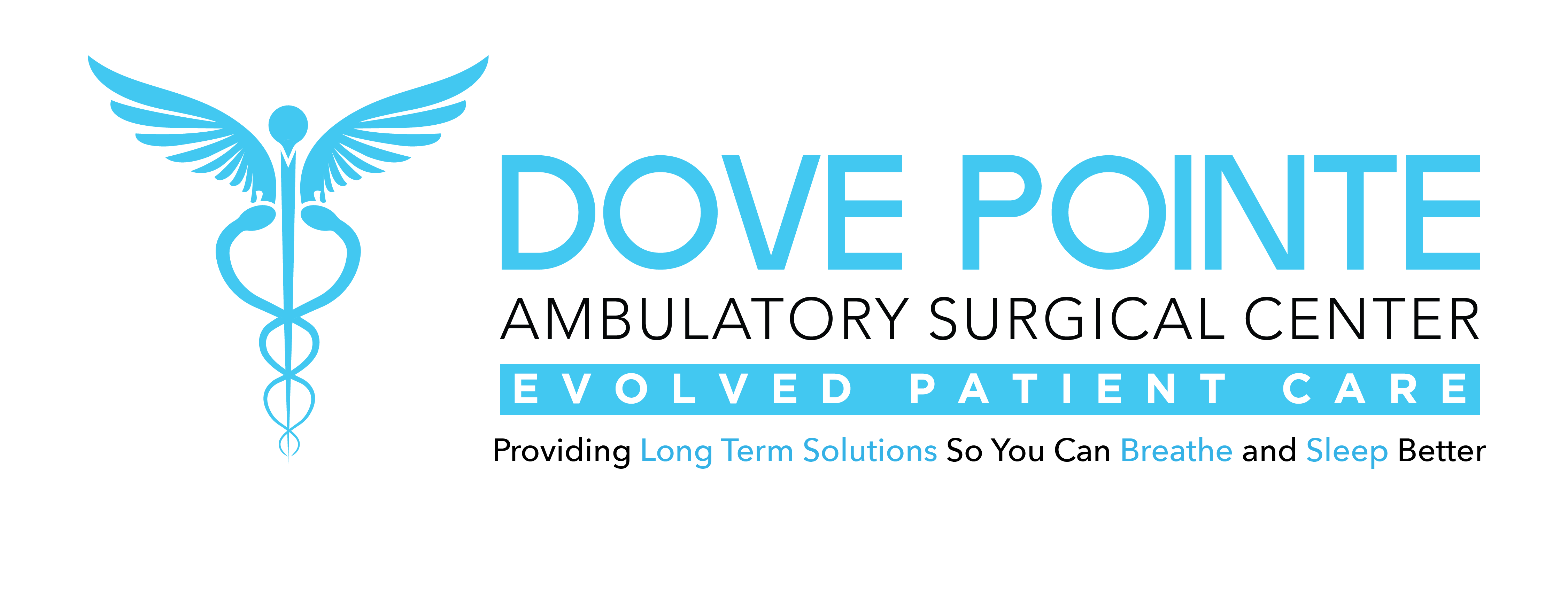Smoking has been widely known to increase the risk for respiratory illnesses, as well as cardiovascular diseases and cancer. Naturally, smoking, as well as other bad habits, can negatively affect your sinuses.
The certified McAllen physician assistant Jonathan Lerma and his sinus relief team at the Glatz Group of Valley ENT are here to explain how smoking can cause issues with your sinuses.
How Your Nose and Sinuses Keep You Healthy
In order to comprehend how smoking harms your sinuses, you need to understand how your nose and sinuses help maintain your health. The membranes in your nose and sinuses are constantly developing mucus to protect your respiratory system.
The lining of your nose and sinuses is the same as the lining in your lungs. There are tiny hair-like structures called cilia that clean the nose, sinuses, and lungs of airborne matter, bacteria, and mucus. Smoking causes the cilia to stop functioning, making the smoker predisposed to increased infections of the lungs and sinuses.
The nose and sinuses create roughly one to two quarts of mucus each day. Usually, all that mucus goes to the back of your throat and you swallow it. When the cilia are damaged by smoking, the mucus backs up in the sinuses and bacteria begins to multiply there. This can result in a sinus infection.
The Link Between Smoking and ENT Problems
From the moment you first inhale tobacco smoke, it begins to irritate your entire upper airway. Irritating gases, such as ammonia and formaldehyde, cause your nose and sinuses to produce excessive mucus. This makes you more susceptible to colds and allergies and, eventually, to lung and throat cancer.
Other ENT-related hazards linked to smoking include:
- Chronic sinusitis. If you continue to smoke while having a sinus infection, you are more likely to get chronic sinusitis.
- Compromised surgical results. If you need surgery for your sinuses, the results can be compromised if you continue to smoke.
- Negative effects on senses. Smoking can result in a decreased sense of taste and smell.
- Cancer. Prolonged exposure to smoking has been linked to nose and sinus cancers.
- Second-hand smoke. Secondhand smoke has been linked to snoring, respiratory infections, and ear infections in kids.
Smoking has been shown to decrease immune function, which is your body's defense mechanism against diseases. When you stop smoking, it may take the nose and sinuses months to years to get back to normal.
Other Habits That Can Affect Your Sinuses
1. Too Much Swimming
While swimming is a healthy activity to partake in, it too can have negative effects on your body. This is typically the case if you do too much of any activity.
Swimming can lead to sinus pain, headaches, and congestion. Sometimes the pressure changes in the water can affect the nose and sinuses. However, an infection can happen due to unsanitary pool water or excess exposure to chlorine.
High levels of chlorine in your system can also cause inflammation of your sinuses. When necessary, reduce your visits to the pool and your nose should begin to feel better.
2. Overusing Nasal Spray
Over time the body adjusts to particular things. For those who show symptoms of acute sinusitis, nasal sprays and decongestants are generally recommended by doctors. You can even purchase these over-the-counter at your local pharmacy.
However, overusing decongestants can cause rhinitis medicamentosa, a condition that causes decongestants to worsen your symptoms.
Nasal sprays use a certain chemical to reduce the size of blood vessels. When applied directly to the nasal cavity, it opens up. However, daily use over a long period of time can make your nasal cavity immune to the medicine’s effect.
The longer you use a nasal spray, the worse your symptoms can get. Try changing nasal sprays or going cold turkey for a few days.
Come See the Glatz Group of Valley ENT About Your Sinuses
Our specialists often see the results of smoking on the nose, sinuses, and throat, so their advice is based on experience. Simply put, smoking and good sinus health do not mix. Cut out or minimize bad habits to protect your sinuses from ruining your quality of life.
And if you’re looking for a more permanent solution, we can help.
As practitioners of surgeries like balloon sinuplasty, our physician assistant and sinus relief specialists are more than qualified to offer long-term relief. Even during these times of uncertainty, we like to provide certainty to the quality of our patient care.
With telemedicine, we can successfully address your allergy or sinus symptoms without meeting in person. We also offer online consultations or phone calls.



